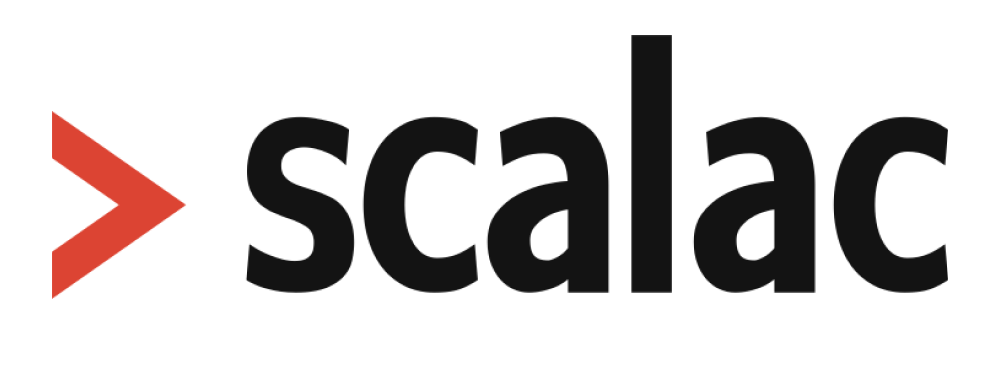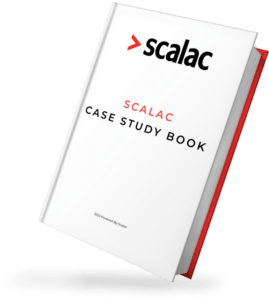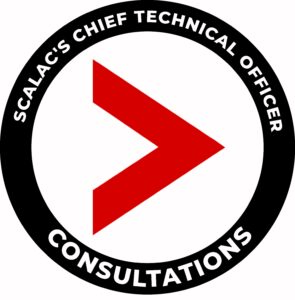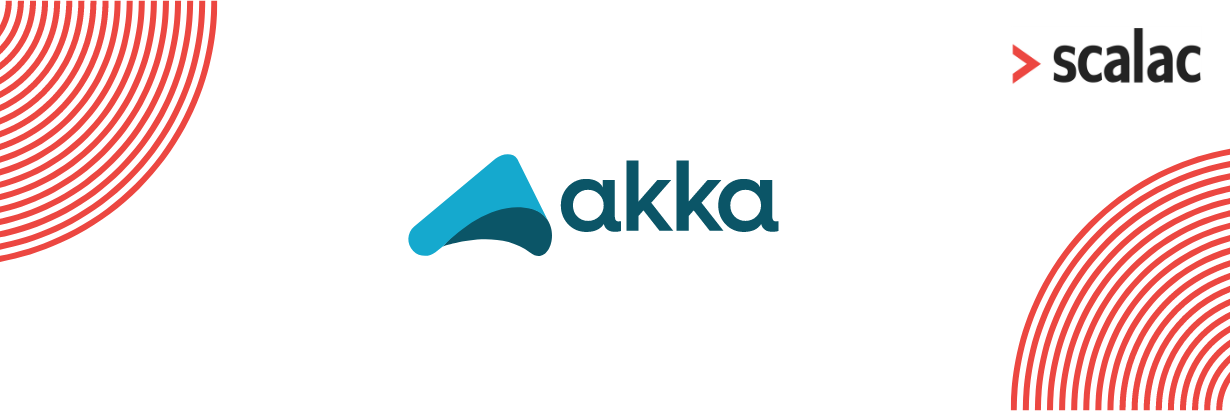
From the Scala World point of view

If you want to be up to date with all Scala events, sign up for Scalendar, our Event Driven Newsletter.
The Scala programming language has spread throughout the world over the years. As a result, more and more societies related to the Scala language have been created. The Scala World conference, which has been taking place since 2015, supports the Scala community. It brings together programmers, engineers, and fanatics related to the IT area.

Scala World is organized by Propensive – a European technology company that supports the Scala society through open-source software, and services that enable learning, and community events. In addition, they contain many events related to this topic.
On their website, we can find, among others, events such as:
- Scala World
- Fury – introduction of the compilation tool and dependency manager for Scala
- Functional Africa – a project supporting functional programmers in Africa
- Scala One Training – Advanced Type Mechanics course – for advanced programmers
- ScalaZone – accessible Scala 3 programming course
Propensive has been in the Scala community for over ten years. The company has set itself the goal of developing small libraries that provide functions that facilitate the work of programmers. As a result, all libraries have been designed to use the possibilities included in Scala 3. Propensive has been organising free developer workshops all over Europe since 2019.
One of Scala World’s sponsors is Scalac – a software house. Scalac is a company that helps companies build IT-related projects. It offers workshops, and training and organizes events themselves. In addition, they cover topics related to Scala, Java, Data, and many more.
What can you expect from Scala World?
Scala World’s purpose is to bring you closer to the Scala language, facilitate your work, and present any supporting or side topics.
The topics covered at the Scala World conference include Data, recursive structures, Scala types, and functional programming. This conference includes not only speeches of specialists but also outdoor activities, and workshops in the Lake District in England. Scala World has been operating for six years, but in 2020 Scala World was canceled. In return, the conference collaborated with VirtusLab, a software development company, and organized Scala Castle, an online version. All talks are available on their youtube channel.
Scala World can participate in outdoor activities such as Grand Hike, mountain biking, or just relaxing by the lake. The event combines two goals – learning, proper rest, and optimal physical activities. It is an appropriate solution for people who feel good about the combination of mind and body development. Research confirms that exercise supports the work of the brain, it supports our thinking and memory sharper. In addition, it stimulates our brain to produce new brain cells.
Where can you find Scala World?
In 2019, Signify Technology, an innovative technology recruitment company, announced a competition to win tickets to Scala World. As a result, Signify is one of the event’s gold sponsors.
Scala World is also available on the GitHub.com platform, where you can find short guides on specific issues.
What did they manage to teach us through all these years?
#1 The need for Async
Konrad Malawski, at the Scala World 2019 conference, raised the topic of servers and platforms in the context of scaling. One of the conditions for scaling to work correctly is that the venue and the server are asynchronous. Konrad Malawski presents the techniques and reasons that should be used when creating high-performance web applications. He raises pretty obvious issues and those that are more complex, even abstract or absurd at first glance.
The speaker talks about network transports, how they are used, and their impact on systems. The use of processors and parallel programming also has their place in the article, i.e., we learn how the use of style libraries and streaming processing harmonizes with the dream of stability and the lowest latency in systems. He also gives details of socket selector implementation in operating systems and past C10K problems. Finally, he shows how implementations have changed.
#2 Pure Functional Database Programming with Fixpoint Types
Rob Norris’s topic at the Scala World conference in 2016 was recursive structures, i.e., file systems and trees. Recursive structures are readily available in functional languages, but many operations are pretty problematic and result in multiple errors. Rob takes on the challenge of explaining how to use fixpoint types and how Fix and Cofree will automatically show. He covers traversable functors and covariants in detail and reveals how to manipulate database programs the same as data.
He gives a general look at recursive types and recursive programs. Rob Norris also emphasizes the simplicity of functional programming. His main goal was to show the audience how to gain an intuition for recursive types and courage, which will allow them to exemplify a bit of creativity and non-obvious coding. The speaker also introduced us to the topic of Doobie, which is a functional JDBC layer for Scala. He highlights overcoming fears in the name of innovation and the development of programming. This lecture is aimed directly at people who know the entire area of functional programming in Scala.
#3 The New Collections Library for Scala 2.13 and Dotty
At the Scala World conference in 2017, Stefan Zeiger raised new collections of libraries created for Scala 2.13 and Dotty. First, he introduced the previous versions of Scala – 2.7 and 2.8. After that, Stefan Zeiger illustrated their functionality. Next, he introduced us to the next version of Scala 2.9 and compared it with the previously mentioned. Then, he submitted us to the area of Strawman, which included related topics such as IterableOps, SortedSet, BitSet, and Map. Also, Stefan Zeiger points out the improvements made to the latest version of Scala 2.13.
At the Scala World 2019 conference, Daniel Beskin was one of the speakers. In his speech, he introduced the topic of compile-time logic programming in the Scala language. He outlined the advantages such as:
- Better code reading and writing
- Ability to code more complex invariants in types
- More understandable notation for compile-time computation
#4 Compile-time Logic Programming in Scala: what for?
Daniel Beskin provided several examples of translation encoding using complications and queries. He also showed some functions expected of Type safety – the extent to a programming language, which prevents type errors. He also compared the programming languages –
Prologue and Scala. He assumed that they are somehow similar. However, he also claims that Prolog can be more accessible when tracing implicit, whether using your code or libraries.
Who should participate?
The Scala World conference is an excellent solution for people who believe in mental and physical rightness. It offers two days of conference lectures on all topics related to programming language. It contains tips, explanations, and definitions of particular methods or tools that are used. The conference was designed to provide new information and share it with beginners and advanced IT people. Outdoor activities such as cycling and Grand Hike are also available. The event also organizes workshops that let them practice without relying only on theory. And it allows you to ask questions that raise any doubts. At the moment, there is no information about the Scala World event in 2021.
Scala World’s watchwords and community increase efficiency and facilitate work and continuous development in technology and skills.











